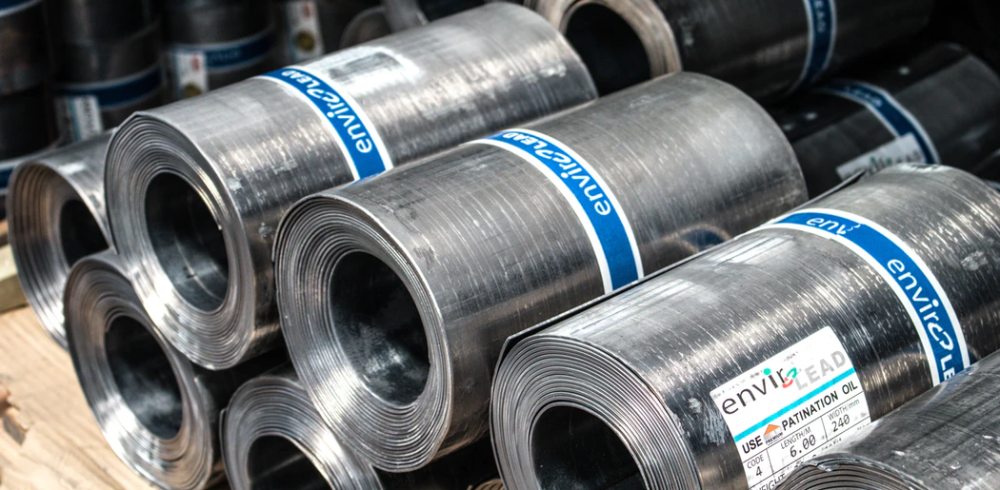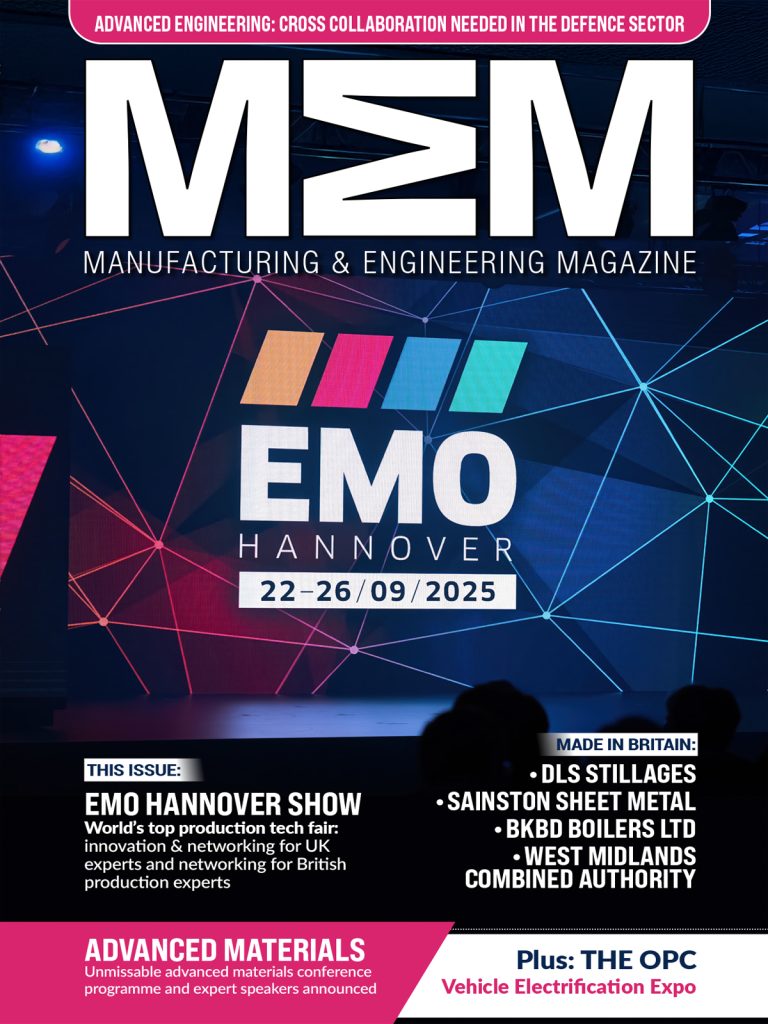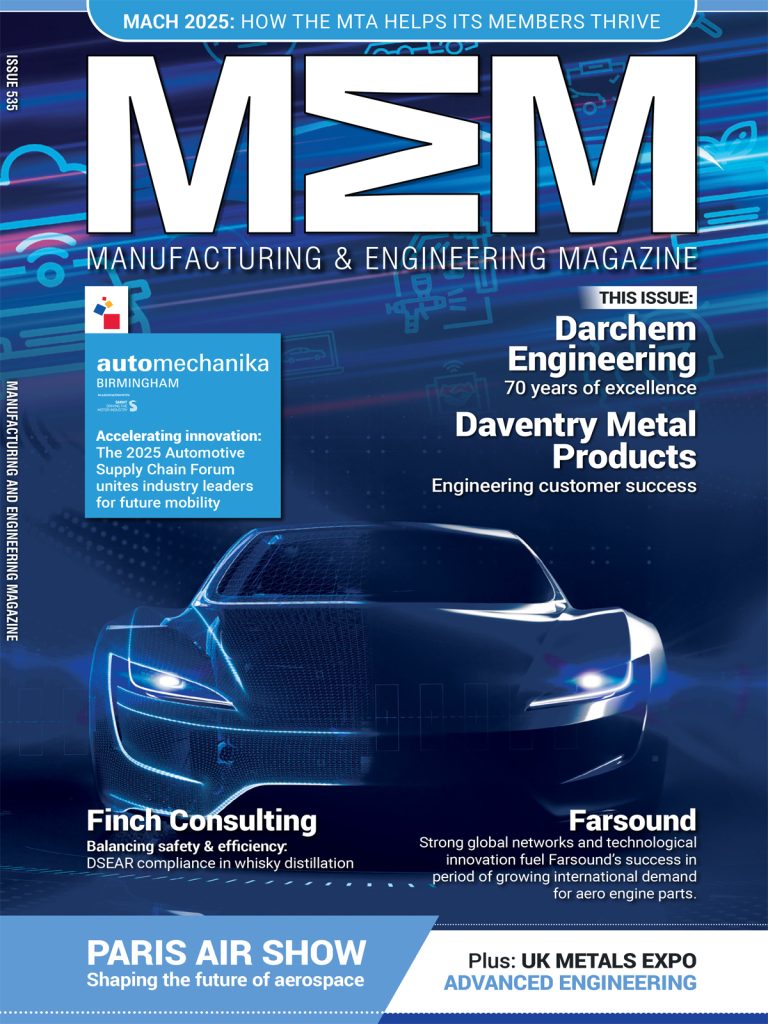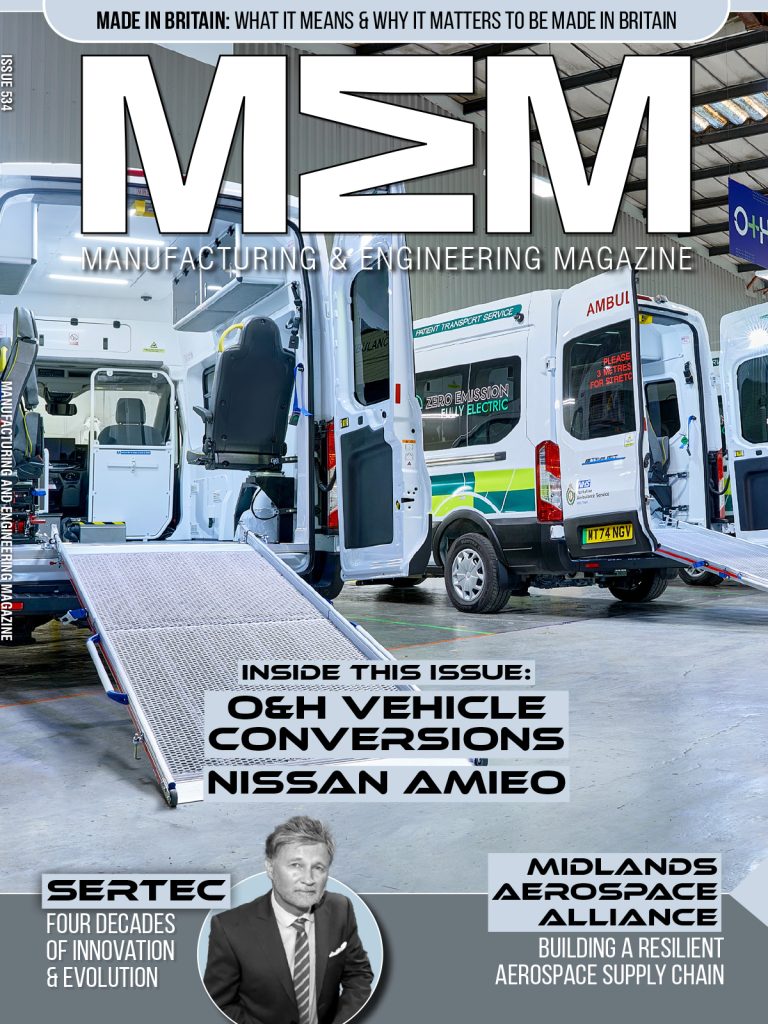Five Reasons Why It’s Important to Recycle Metals : Thinking of recycling your scrap metal? Here’s something to convince you.
Metal recycling is common practice, as it uses less energy than metal production. Metal can withstand continual recycling, making it a popular area for companies to survey when conducting their own environmental waste audit. All ferrous metals from iron to stainless steel can be recycled as well as non-ferrous metals such as copper, zinc, and aluminium, making it easy for businesses to bundle scrap metal together for collection.
It is even possible to recover precious metals from computers, like gold, palladium silver and platinum.
Don’t worry, there’s also something in it for you. As well as the excess energy it saves, metal recycling can save your company money. You’ll find that you’ll spend less money on production once you recycle scrap metal rather than reproducing it. In this sense, there’s no reason you shouldn’t start recycling all metal and items containing it, but just for good measure, we’ve listed our top five reasons metal recycling is important.
1. To preserve natural resources: Recycling metal substitutes the need to produce virgin metal. In turn, this preserves precious natural resources like coal and iron ore, which are used in the production of metals. As such, recycling metal is seen as an environmental activity — an easy way to take corporate responsibility. Recycling metals also requires less energy than producing new metals. It’s important to give thought to resources like coal. Why? Ten years ago, coal was already beginning to become a climate issue, accounting for 43% of global greenhouse gas emissions. This issue has perpetuated ever since.
2. To make the best use of raw materials: Metals is one of the few raw materials that can be readily recycled without damaging its original properties. This means that there isn’t any real reason to create new metal — apart from to meet increased demand. The recycling process can be repeated as many times as needed, even with valuable metals such as aluminium. Scrap metal recycling facilities will always accept a wide range of metals like steel, as operators know that the value of this material will never decrease. Where there’s muck…there’s quite literally brass.
3. To offset your company’s carbon emissions: It’s becoming increasingly important for companies to recycle all raw material in attempts to achieve ambitious “zero to landfill” targets. Recycling metal is an environmental alternative to other forms of disposal, as it cuts down emissions and reduces air pollution. By recycling metal, you’re contributing to your business’s carbon goals. Above all, the recycling process will help to eliminate pollution from the atmosphere and encourage others to make the most of metal’s versatile usage.
A tonne of aluminium recycled saved 9 tonnes of CO2 emissions from being released into the atmosphere. The Planet Mark Environmental Foundation confirms that every tonne of aluminium that is recycled results in conserving five tonnes of bauxite.
4. To save money by reducing production cost: There’s no shame in recycling as a result of a financial incentive. Most companies recycle on the basis that it’s actually cheaper to do so, allowing you to drive down production cost (and convert this spend into collection costs). It’s much more affordable to utilise the waste that you have by building an effective waste stream than to create natural resources from scratch.
5. To meet recycling industry standards: As people grow more concerned about the environment, the recycling industry is putting new pressures on businesses to meet higher recycling standards. Firms are expected to recycle materials where possible, with metal recycling a huge part of this. Needless to say, if you have scrap metal laying around on-site, you should feel obligated to take action. On top of this, the recycling industry benefits the economy by providing employment in waste facilities.
The key to recovering all the values is through robust segregation on site and good quality control before metal finds its way to a metal recycler.
Challenge Axil to engineer costs out of your business and reduce your impact on the environment – Arrange a no-obligation waste review at www.axil-is.com
Manufacturing & Engineering Magazine | The Home of Manufacturing Industry News














